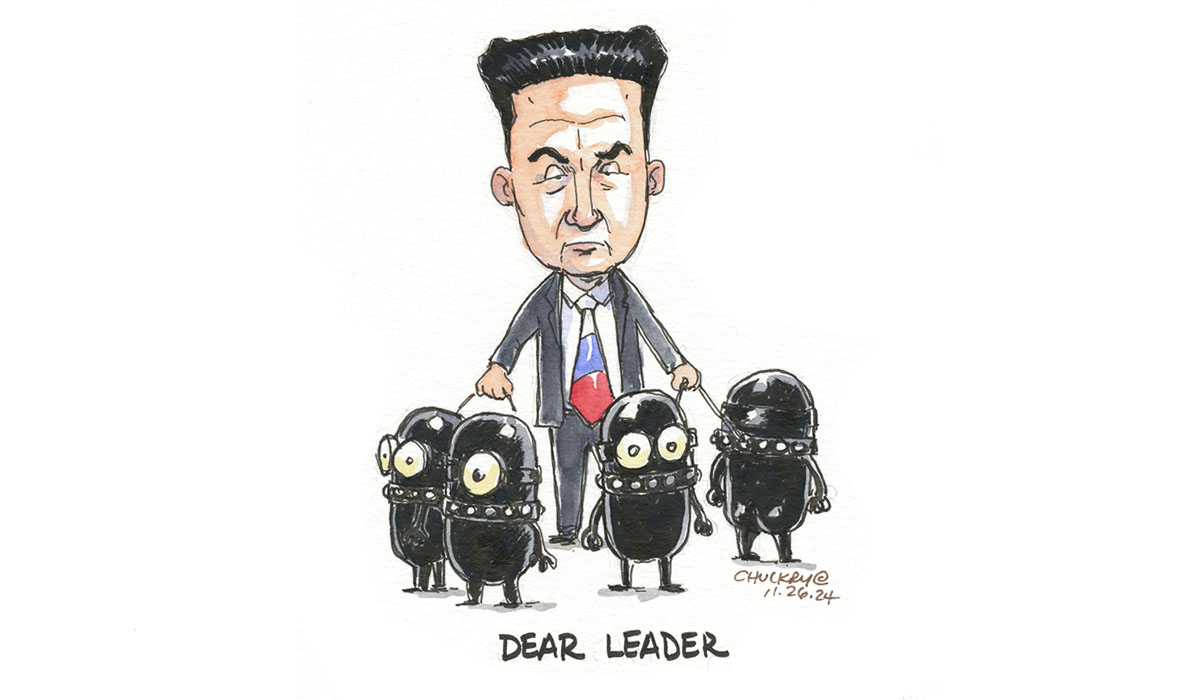Love for Sale: How Dating Apps Prey on Your Hopes and Your Wallet
- The Single Guy
- Trending
- December 3, 2024

Image Credit, Kirill Averianov
Th vast majority of dating apps are a modern swindle wrapped in a veneer of promise. They lure people in with the seductive idea of finding true love or at least meaningful companionship, only to reveal themselves as profit-driven traps. People sign up with hope in their hearts, only to discover they’ve essentially handed over their ATM cards to these companies, who spare no effort in draining them for all they’re worth. Behind the smiling advertisements and glossy success stories lies a cold, calculated business model that thrives on exploiting loneliness and the human desire for connection.
The bait is simple. You download the app, set up a profile, and the notifications start rolling in. “Someone likes you,” they say. But here’s the catch: to see who liked you, you need to pay. And not just a few bucks—often, it feels like the equivalent of a small fortune. After reluctantly forking over the cash, you discover the so-called admirer lives thousands of miles away, in a different country, or has a profile so devoid of substance that it’s laughable. This isn’t connection; it’s extortion wrapped in faux romance.
Then there are the subscription nightmares, exemplified by the likes of eHarmony. Imagine paying a hefty fee for what you believe is a premium service. You finally find a match and, understandably, request to cancel your subscription. But instead of congratulations and a smooth exit, you’re met with a cold “too bad.” The fine print, buried in pages of legal jargon, locks you into payments even after you’ve achieved what you came for. Pause your account? Sure, they’ll offer that, but cancel? Never. If you refuse to keep paying, they threaten legal action. What kind of company, claiming to bring people together, turns around and punishes success?
And eHarmony isn’t alone. Many apps are notorious for their shady practices. Some entice users into conversations with what appear to be real people, only to demand payment to continue. Once you’re hooked, they lock you out unless you pay up. Others collect your personal information, and when you try to leave, they effectively hold your data hostage. It’s a grim reality of modern dating: these platforms are becoming less about fostering connections and more about maximizing revenue streams.
The scams don’t stop there. Many users report being bombarded by fake profiles and con artists fishing for WhatsApp numbers or personal details, leading to devastating swindles. Yet the apps remain complacent, if not complicit. Why would they care? Every new scam account is just another opportunity to keep real users hooked, desperate for something authentic amidst the chaos.
For all their talk of algorithms and success stories, these apps carefully omit the countless horror stories of people feeling duped, trapped, and financially drained. They gloss over complaints about exorbitant costs, deceptive practices, and the endless barrage of scams. Instead, they double down on their marketing, parading the few success stories they can muster as proof that their system works.
But here’s the truth: dating apps are not about finding love. They’re about making money. Their business models depend on prolonging your search, not ending it. They don’t celebrate your success—they profit from your failure. They are not facilitators of connection; they are raiders of bank accounts. And every day, a new app pops up, promising the world while quietly scheming to wring every last dollar from your wallet.
These companies thrive because they prey on hope. They sell the dream of love while delivering frustration, debt, and disillusionment. No matter how fancy their algorithms or how compelling their ads, the reality is stark: dating apps are a racket, exploiting human vulnerability for profit. And until we hold them accountable, the cycle will continue, leaving countless hearts—and wallets—emptier than before.








